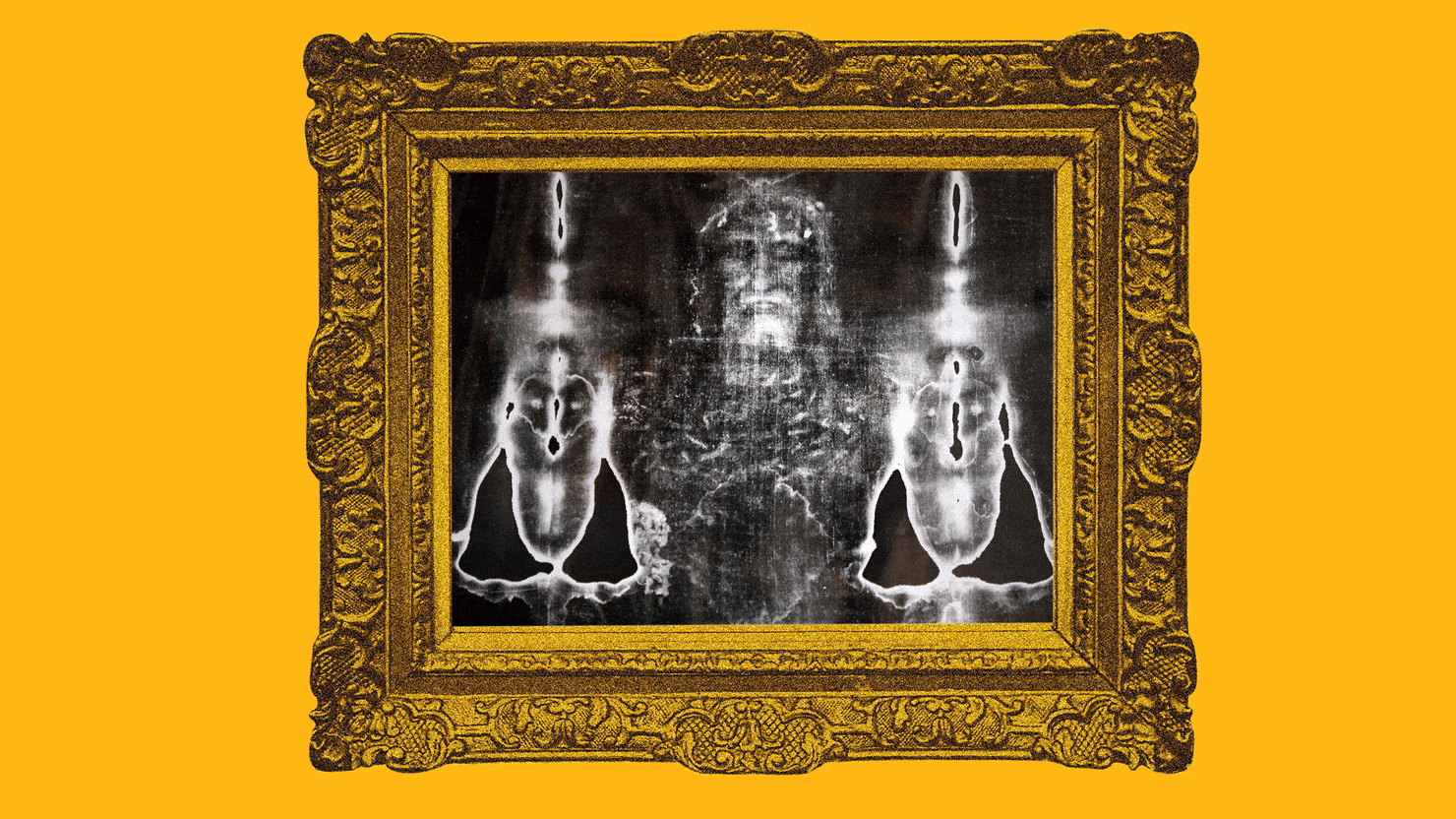- Jan 3, 2012
- 17,354
Does this mean that the six inch high figure of Moses that my daughters gave me years ago as a joke for my birthday is a lie? I’m heartbroken. They also once gave me a fridge magnet of a man in contemporary clothing standing alongside a traditional depiction of Jesus, and he is saying “Jesus, please protect me from your followers”. Quite appropriate perhaps!I agree that people should think for themselves. But once they do, the bible can unravel fast. Here are a couple of examples.
I think we all agree that the creation stories in Genesis are fiction. So what about Jesus’s genealogy in Luke, which shows that Jesus is related to Adam, who we’ve just agreed is fictional?
Most people agree that the Exodus never happened (I’m happy to discuss if you disagree). If it didn’t happen, Moses is another fictional character. But in the New Testament Moses makes a comeback at Jesus’s transfiguration. Not bad for a dead fictional character.
But let’s assume for a moment that Moses was a real person. After his death he would be dead until Jesus’s 2nd coming, which hasn’t happened yet, so how did Moses appear during the transfiguration? Whether Moses is real or fictional, he should not have appeared in the New Testament.
With your background, I’d be interested in your views on such biblical inconsistencies.
And in all honesty I have learnt a lot from this thread in many ways, and have enjoyed some parts of it. It’s made me think and reminded me of how sceptical I can be.…….. talking of biblical inconsistencies…..
One of Jesus’s great talents in my view was talking to people in terms they would understand - parables based on things that people had experience of like sheep and goats, sowing seed on stony ground, Jews and Samaritans. Most people today would not appreciate the real centuries old hatred between Jews and Samaritans, which makes the story of the Good Samaritan all the more powerful.
But Jesus being a direct descendant of Adam would have been accepted thinking at the time. Luke and the other Gospel writers would I guess have accepted it because they knew no different. Ordinary people of 400 or 500 years ago would believe things that we would see as patent nonsense, let alone people of 2000 years ago. So they - the writers as well as the people - would not have considered Adam fictional. i really don’t know when people would have stopped believing that.
In terms of the Exodus and Moses, I’ve seen both described as mythical and wouldn’t argue with that, but would also accept there might be grains of truth in both myths - the story of the Exodus perhaps does contain true episodes, and maybe there was someone called Moses but he did not come down from the mountain with tablets of stone. But it makes me think of the African tradition of the Griot - look up African musicians such as Toumani Diabate or Ali Farka Toure, who are part of a tradition of African story-telling going back hundreds of years, so is this not part of a similar tradition where stories were handed down from generation and elaborated to make them more interesting and memorable so that the real story got lost in the mists of time. But in terms of the people of Jesus’s time, Moses would probably been real and not fictional.
And being sceptical, the Transfuguration is something I would take with a pinch of salt, but The Jewish people of the time would have expected to see him there.
I hope this helps. Not sure it will!



